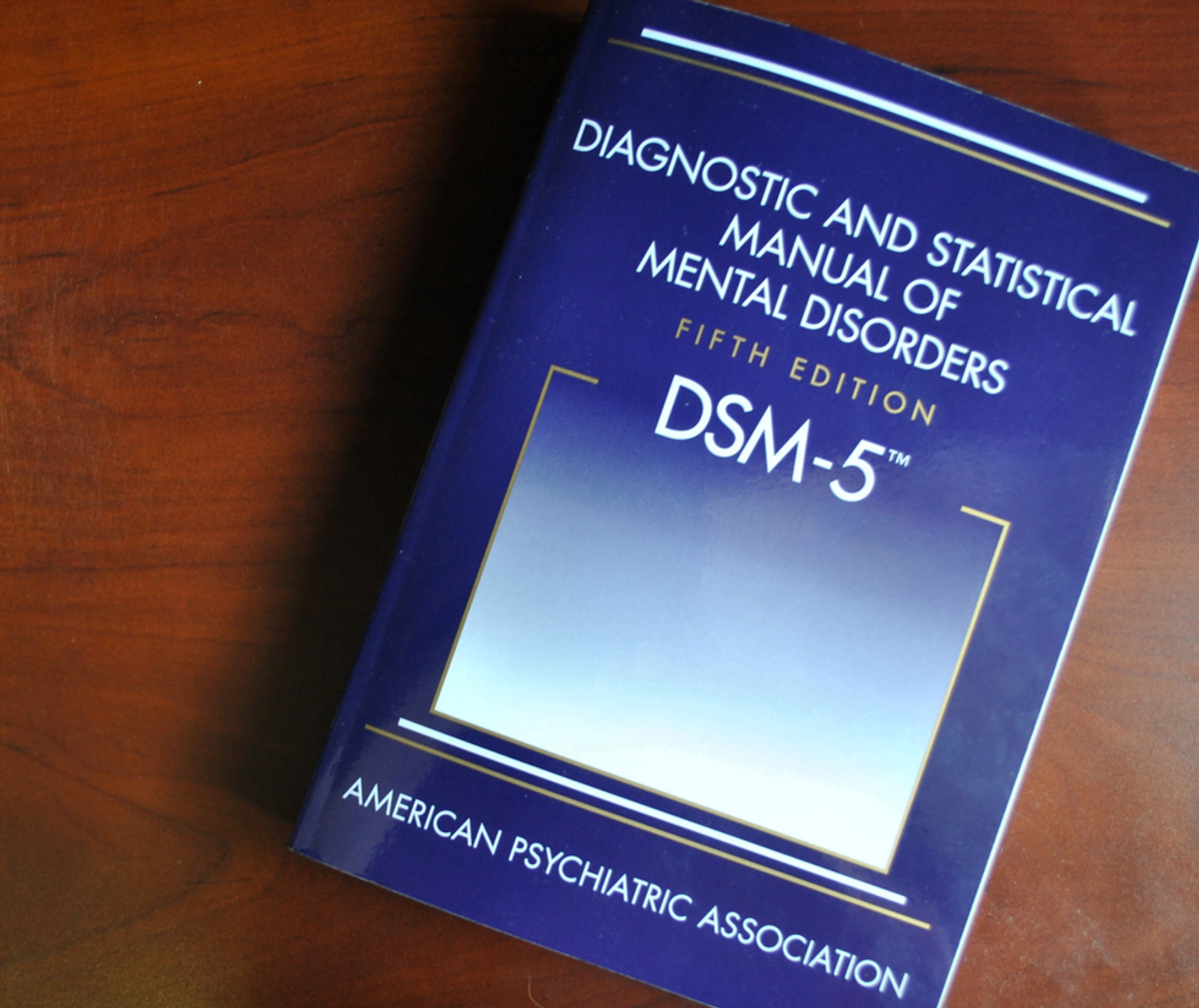Maybe you suspect you have a problem with alcohol or another addictive substance, or maybe someone who cares about you has said something to that effect. As long as you don’t know for sure, you may think you can avoid facing up to it. Shining a light on addiction isn’t that hard, though. You can identify potential substance use disorders by answering these 11 questions from the American Psychiatric Association:
- Do I tend to use more o
 f my preferred substance or use it more often than I intended to?
f my preferred substance or use it more often than I intended to? - Have I been unsuccessful at cutting back even though I want to?
- Am I spending a lot of my time obtaining the substance, using it, and recovering from it?
- Am I experiencing cravings and urges to use that make it difficult to focus on other things?
- Have I neglected my responsibilities and relationships because of my substance use?
- Have I given up activities that I used to enjoy and care about because of my substance use?
- Has my substance use made it difficult or impossible to take care of things at home, school or work?
- Have I been engaging in the use of the substance in risky settings or in ways that put me in danger?
- Am I continuing to use the substance in spite of the fact that I know it’s causing me physical or mental problems?
- Is it taking more and more of the substance to get the same effect?
- When I don’t use the substance, is it causing me to experience withdrawal symptoms?
If you answered “yes” to two of these, you may need to talk to a professional about whether you might have a mild substance use disorder. Four “yes” answers indicate a moderate disorder, and six or more indicate a severe disorder.
Like physical illnesses, substance use disorders can get worse if you leave them untreated. Catching a problem in the early stages may be much easier, as your body may be able to give up the substance with less physical difficulty. It’s never too late to seek help, though! Our minds are incredibly resilient, and with the right level of SUD treatment, you can conquer addiction and enjoy recovery.


 f my preferred substance or use it more often than I intended to?
f my preferred substance or use it more often than I intended to?